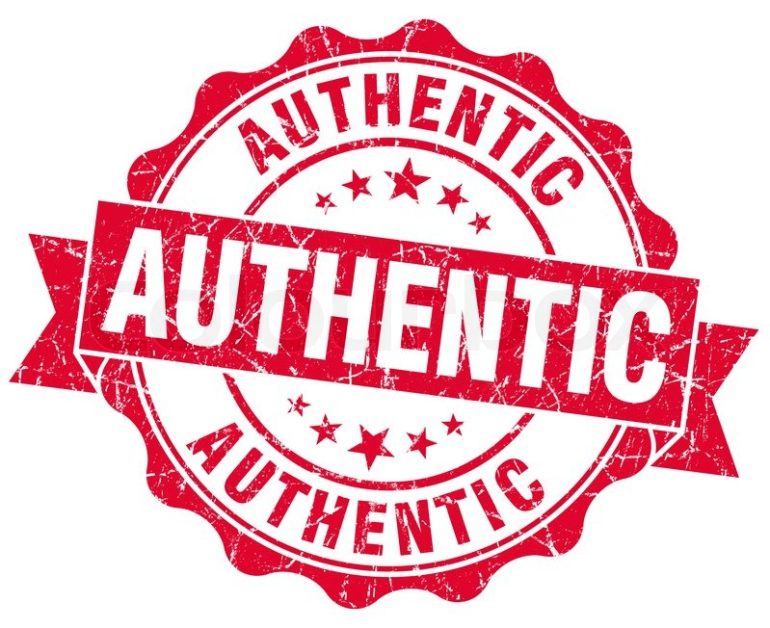In today’s hyper-connected world, consumers are no longer satisfied with clever slogans or polished ad campaigns. The rise of social media and radical transparency means every brand action is under the microscope, and inconsistencies are quickly exposed. As a result, authenticity has emerged as the new currency in branding. Brands that genuinely live their values and communicate honestly are rewarded with trust, loyalty, and advocacy. In contrast, those that fail to deliver on their promises risk losing relevance and market share. This explores why authenticity is now essential for brand success and how businesses can harness its power to thrive in a competitive.
Why Authenticity Matters More Than Ever
Authenticity in branding is no longer a trend—it’s a necessity. According to recent research, 88% of consumers say authenticity is non-negotiable when choosing which brands to support. The digital age has empowered consumers with information and a voice, making it easier than ever to spot brands that are merely paying lip service to popular causes or values. This shift is especially pronounced among Gen Z and Millennials, who expect brands to be transparent, consistent, and aligned with their own beliefs.
When brands act authentically, they build trust—a crucial foundation for any lasting relationship. Trust translates into higher customer loyalty, stronger emotional connections, and increased purchase intent. 64% of global consumers now make purchasing decisions based on shared values with a brand. Authenticity also fuels powerful word-of-mouth marketing, as satisfied customers become advocates, sharing their positive experiences with friends and family.
The High Cost of Inauthenticity

Despite the clear demand for authenticity, many brands still fall short. Over half of consumers believe most brands fail to deliver on their promises, leading to skepticism and disengagement. This gap between what brands say and what they do erodes trust and damages reputations. In an era where negative reviews and social media backlash can go viral in minutes, the cost of inauthenticity is higher than ever.
Younger consumers, in particular, are quick to switch allegiances if they sense a brand is not genuine. Studies show that a large percentage of Gen Z and Millennials are ready to abandon brands that lack transparency or fail to align with their values. For brands, this means that authenticity isn’t just about image—it’s about survival and long-term growth.
Building an Authentic Brand
So, what does it take to build an authentic brand? It starts with clarity of purpose and a commitment to living your values in every aspect of your business. Authentic brands are consistent in their messaging and actions, whether they’re launching a new product, handling customer service, or posting on social media. They prioritize transparency, openly sharing information about their practices, ethics, and decision-making processes.
Storytelling also plays a vital role. By sharing real stories and experiences, especially those generated by customers, brands can foster genuine connections and enhance credibility. User-generated content is now seen as the most authentic form of brand communication, surpassing even traditional storytelling. Additionally, brands must be willing to listen, adapt, and engage in honest conversations with their audience.
The Future of Brand Authenticity
As competition intensifies and consumer expectations continue to rise, authenticity will only become more important. Brands that embrace authenticity not only differentiate themselves but also create resilient, loyal communities around their products and values. In a world where trust is hard-won and easily lost, authenticity is the key to lasting success.

